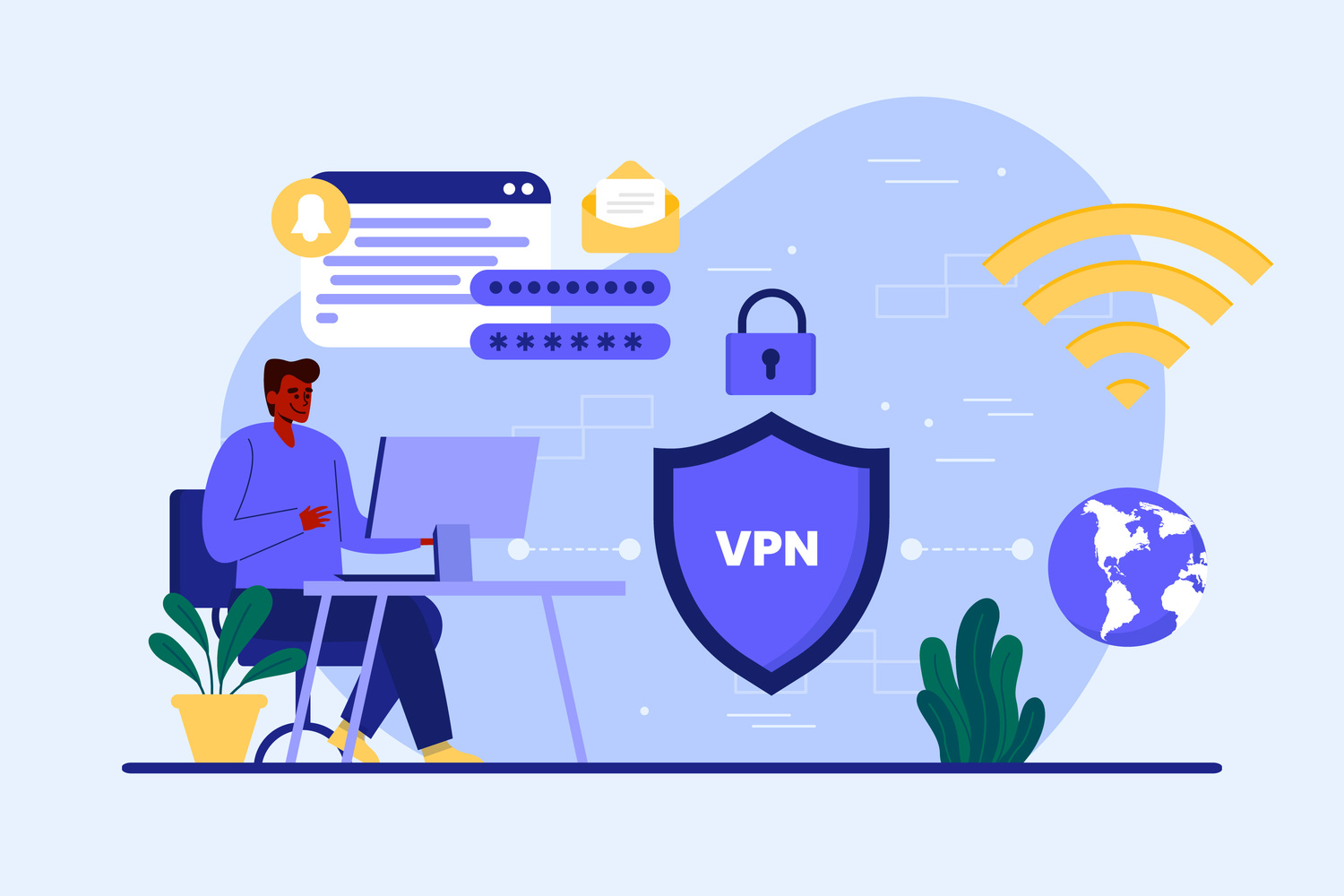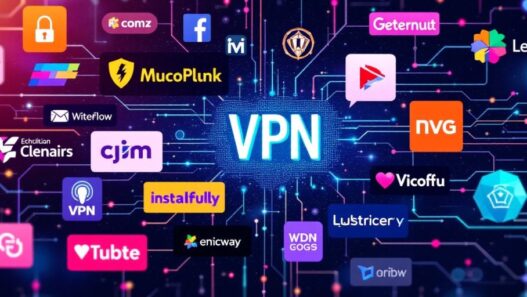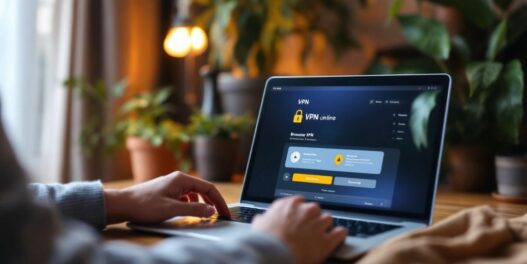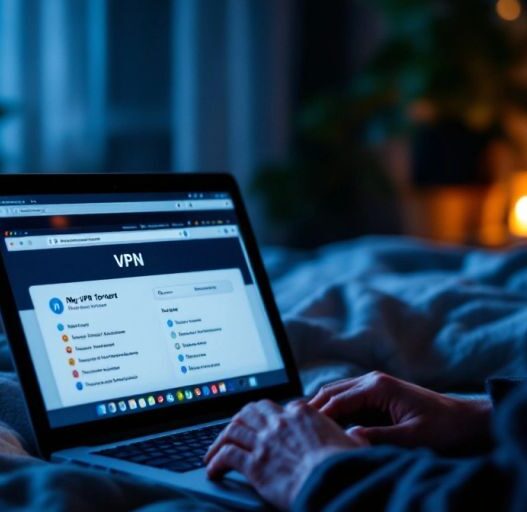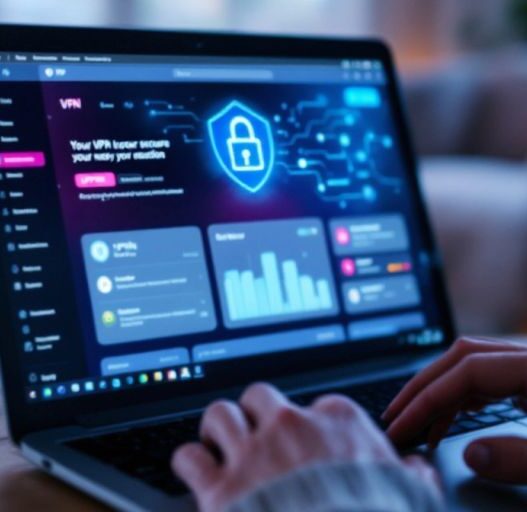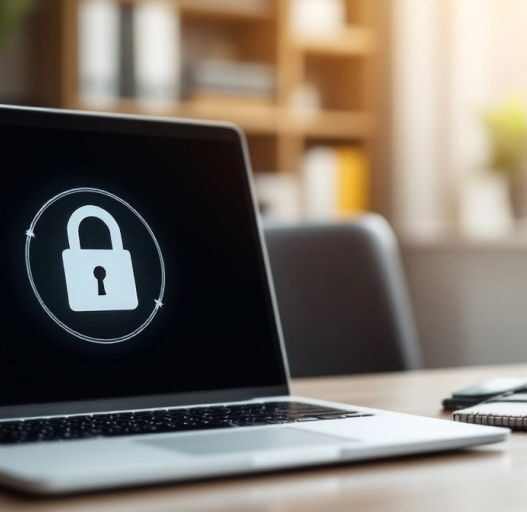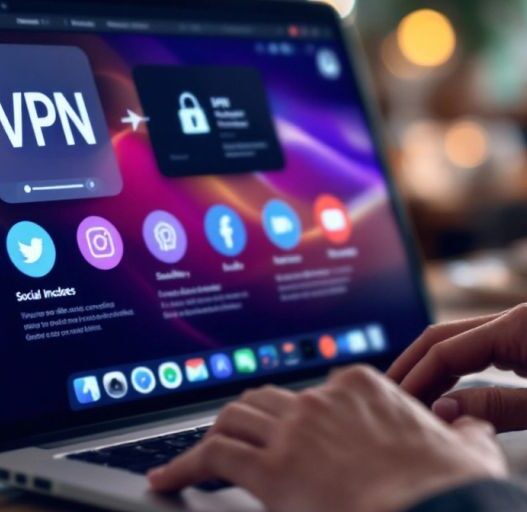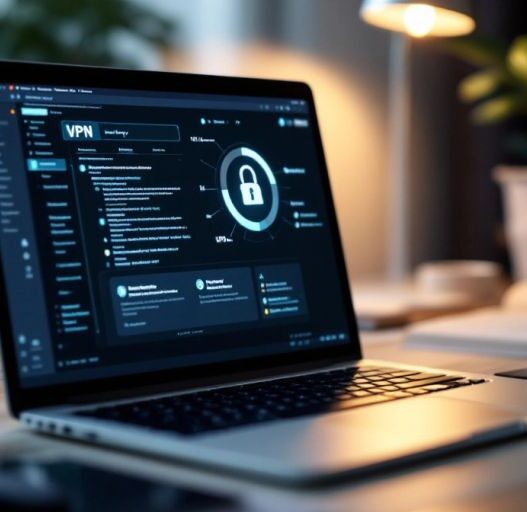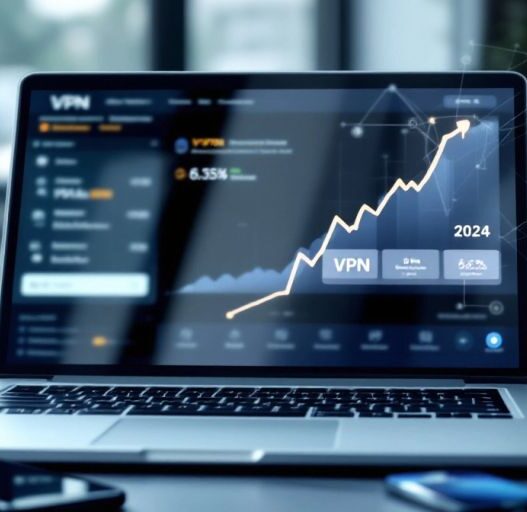Understanding Your VPN Needs
In today’s digital world, choosing the right VPN is essential for protecting your online privacy and security. A VPN, or Virtual Private Network, helps you browse the internet safely by masking your IP address and encrypting your data. This guide will help you understand what to consider when selecting a VPN that fits your needs.
Identifying Your Primary Use Cases
Before you start looking for a VPN, think about how you plan to use it. Here are some common use cases:
- Streaming content from different countries.
- Accessing public Wi-Fi securely.
- Bypassing geo-restrictions on websites.
- Protecting sensitive information while working remotely.
Considering Privacy and Security Requirements
Your privacy is crucial. When selecting a VPN, ensure it has:
- A no-logs policy to keep your activities private.
- Strong encryption standards to protect your data.
- A kill switch feature that disconnects you from the internet if the VPN fails.
Evaluating Device Compatibility
Make sure the VPN you choose works on all your devices. Check for:
- Compatibility with Windows, macOS, Android, and iOS.
- Support for multiple devices at the same time.
- User-friendly apps for easy access.
Assessing Bandwidth and Speed Needs
Speed matters, especially if you plan to stream or download large files. Look for:
- Unlimited bandwidth to avoid slowdowns.
- Speed tests to compare different VPNs.
- Reviews that mention performance in your area.
Remember, the best VPN for you is one that meets your specific needs while providing strong security and privacy features.
As you explore your options, consider top VPN services that offer free trials or money-back guarantees. This way, you can test them out before committing. Don’t hesitate to take action and secure your online presence today!
Key Features to Look for in a VPN

When you’re trying to choose the right VPN, it’s important to know what features matter most. A VPN, or Virtual Private Network, helps keep your online activities private and secure. Here are some of the best VPN features to consider:
Encryption Standards and Protocols
- Look for strong encryption methods, like 256-bit encryption.
- Check if the VPN supports multiple protocols (e.g., OpenVPN, IKEv2).
- Ensure it has a kill switch to protect your data if the connection drops.
No-Logs Policy and Jurisdiction
- Choose a VPN with a strict no-logs policy to keep your activities private.
- Research the jurisdiction of the VPN provider; some countries have strict data laws.
- Look for third-party audits to verify their claims about privacy.
Server Locations and Availability
- A larger number of servers can improve speed and reliability.
- Check if the VPN has servers in the countries you need.
- More server locations can help you access content from different regions.
Additional Security Features
- Consider features like DNS leak protection and obfuscation.
- Look for options like Tor over VPN for extra privacy.
- A double VPN feature can enhance your security by routing your data through two servers.
Remember, the right VPN can make a big difference in your online safety. Take your time to compare options and find the one that fits your needs best.
In conclusion, when you’re deciding how to choose a VPN, focus on these key features. They will help ensure you get the best protection and performance. If you’re ready to enhance your online security, consider trying out some of the top VPN services available today!
Comparing VPN Providers
When it comes to choosing a VPN, comparing different providers is essential. This VPN selection guide will help you understand what to look for. Here are some key areas to consider:
Performance and Speed Testing
- Speed Loss: Different VPNs can slow down your internet connection by varying amounts. Here’s a quick comparison:
| VPN Provider | Average Speed Loss |
|---|---|
| ExpressVPN | 25% |
| Surfshark | 17% |
| NordVPN | 11% |
| Proton VPN | 21% |
| IPVanish | 44% |
| Private Internet Access | 49% |
| Mullvad | 13% |
Customer Support and Reliability
- Look for providers that offer:
- 24/7 customer support
- Live chat options
- Quick response times
Pricing and Subscription Plans
- Compare the costs of different VPNs. Here are some examples:
- ExpressVPN: $13/month
- Surfshark: $15/month
- NordVPN: $13/month
- Proton VPN: $10/month
User Reviews and Reputation
- Check user reviews to gauge satisfaction. Look for:
- Overall ratings
- Specific feedback on features
- Any recurring issues
Remember, the best VPN for you depends on your specific needs. Take your time to compare options and find the right fit.
In conclusion, comparing VPN providers is crucial for making an informed choice. By focusing on performance, support, pricing, and user feedback, you can select a VPN that meets your needs effectively. Don’t hesitate to explore the top VPN services available today!
Setting Up and Using Your VPN

In today’s digital world, using a VPN (Virtual Private Network) is essential for protecting your online privacy and security. Setting up a VPN can seem tricky, but it’s easier than you think! Here’s how to get started and make the most of your VPN service.
Installation and Configuration
- Choose a VPN Provider: Start by selecting a reliable VPN service. Some popular options include:
- Download the App: Once you’ve chosen a provider, download their app on your device. Most VPNs support various platforms like Windows, macOS, iOS, and Android.
- Create an Account: Sign up for an account and log in to the app.
- Configure Settings: Adjust the settings according to your needs. You might want to enable features like a kill switch or split tunneling for better security.
Choosing the Right Server
- Select a Server Location: Depending on what you want to access, choose a server in the appropriate country. For example, if you want to watch shows available only in the UK, connect to a UK server.
- Test Different Servers: Sometimes, different servers can offer varying speeds. Try a few to find the best one for your needs.
Optimizing Settings for Performance
- Use the Fastest Protocol: Most VPNs offer different protocols. Choose one that balances speed and security, like OpenVPN.
- Check for Leaks: Use websites like dnsleaktest.com to ensure your VPN is protecting your data properly.
Troubleshooting Common Issues
- Connection Problems: If you can’t connect, try restarting the app or your device. Sometimes, switching servers can help.
- Slow Speeds: If your connection is slow, try a different server or check your internet speed without the VPN to compare.
Remember, the best way to know if a VPN works for you is to test it in the environments where you plan to use it. Many services offer free trials, so take advantage of them!
By following these steps, you can easily set up and use your VPN to enhance your online experience. Don’t forget to explore the features of your chosen VPN to get the most out of it. Happy browsing!
Final Thoughts on Choosing the Right VPN
In conclusion, picking the right VPN is all about knowing what you need. Whether you want to keep your online activities private, access content from different countries, or just browse safely, there’s a VPN for you. Remember to think about important things like security, speed, and cost. Take your time to compare different options and read reviews. If possible, try out a few services with free trials to see which one works best for you. With the right VPN, you can enjoy a safer and more open internet experience.
Frequently Asked Questions
What is a VPN and why do I need one?
A VPN, or Virtual Private Network, helps keep your online activities private. It creates a secure connection to the internet, making it harder for others to see what you’re doing online.
How do I choose the best VPN for my needs?
To pick the right VPN, think about what you want it for. Do you need it for streaming shows, playing games, or keeping your data safe? Also, check if it works on your devices and if it has a good speed.
Are free VPNs safe to use?
While some free VPNs can be okay, many may not protect your privacy well. They might collect your data or show ads. It’s usually safer to choose a paid VPN that has good reviews.
